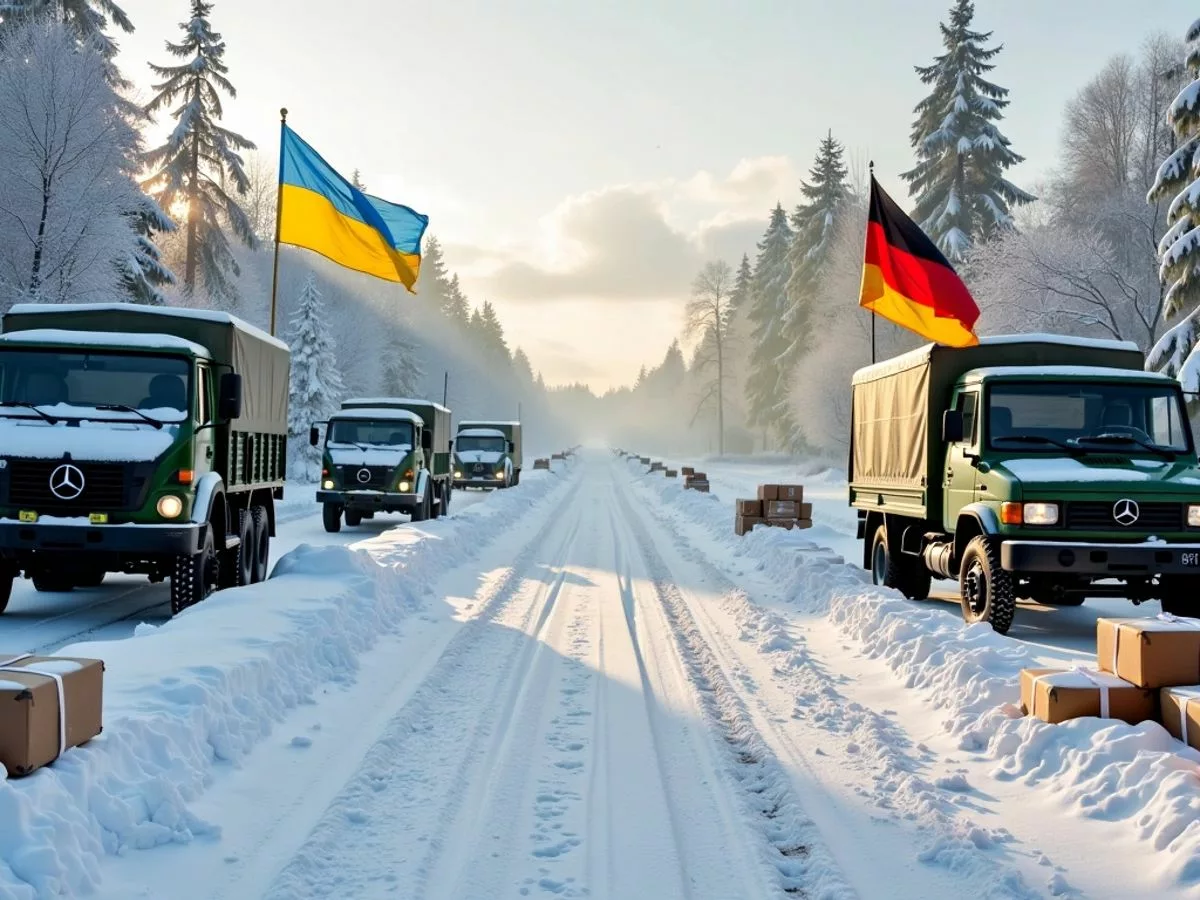
Germany has announced a significant winter aid package worth 100 million euros (approximately $111 million) to support Ukraine as it braces for another harsh winter amid ongoing Russian attacks on its energy infrastructure. The German Foreign Ministry emphasized the urgency of this aid, highlighting the brutal conditions faced by Ukrainians as they endure a war that has targeted their heat and energy supplies.
Key Takeaways
- Germany pledges €100 million ($111 million) in winter aid for Ukraine.
- The aid aims to bolster Ukraine’s energy supply amid Russian attacks.
- Ukrainian officials report severe damage to energy infrastructure, necessitating urgent repairs.
Context of the Aid Package
The announcement comes as Ukraine faces a dire situation with its energy network severely damaged by continuous Russian missile strikes. These attacks have not only destroyed critical infrastructure but have also led to widespread power shortages and blackouts across the country. The German government’s commitment is seen as a crucial step in helping Ukraine maintain its energy supply during the winter months.
The Impact of Russian Attacks
Russian forces have shifted their strategy, now focusing on energy production facilities rather than just distribution networks. This change in tactics poses a significant challenge for Ukraine, as these facilities are more expensive to repair and can take years to rebuild. The ongoing conflict has left many areas without reliable access to electricity, further complicating the humanitarian situation.
Ukrainian Government’s Response
Ukrainian Prime Minister Denys Shmygal has outlined plans to repair and protect the country’s power system ahead of winter. Key measures include:
- Reinforcing energy facilities against drone attacks and missile fragments.
- Ensuring that all hospitals and over 80% of schools are equipped with generators.
- Addressing the urgent need for an additional 1,800 high-capacity generators to support critical infrastructure.
Previous International Support
In addition to Germany’s recent pledge, the European Union had previously announced a humanitarian aid package of 40 million euros aimed at assisting Ukraine with repair work, electricity, heating, and housing as winter approaches. This collective international support underscores the global commitment to aid Ukraine during this challenging period.
Conclusion
As Ukraine prepares for another winter of conflict, the support from Germany and other international partners is vital. The ongoing attacks on energy infrastructure not only threaten the immediate safety and comfort of the Ukrainian people but also highlight the broader implications of the war on regional stability. The winter aid package is a crucial lifeline for a nation enduring unprecedented challenges, and it reflects the international community’s solidarity with Ukraine in its time of need.






